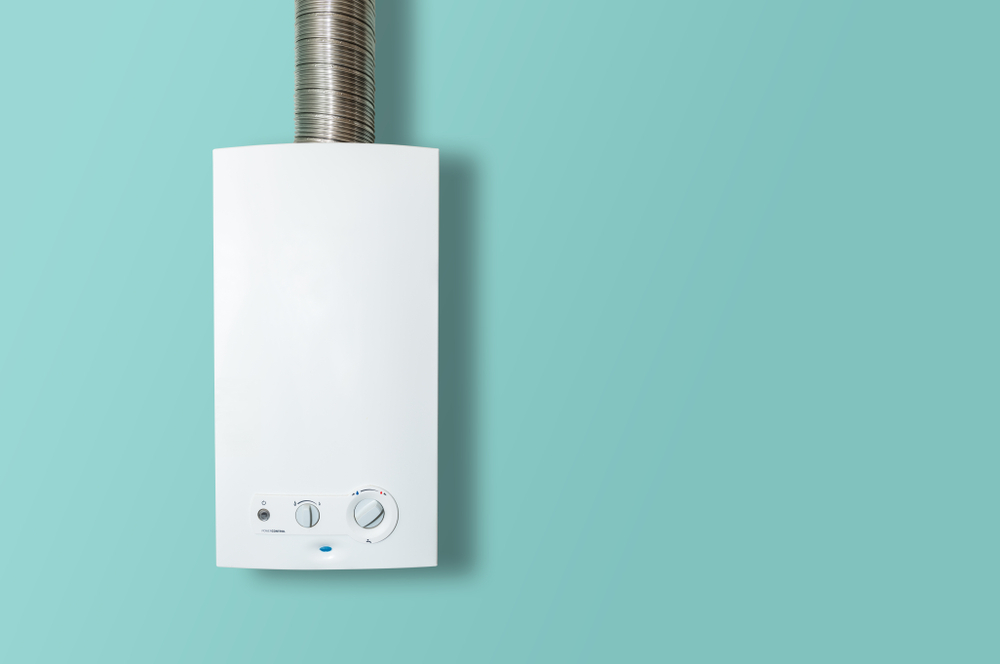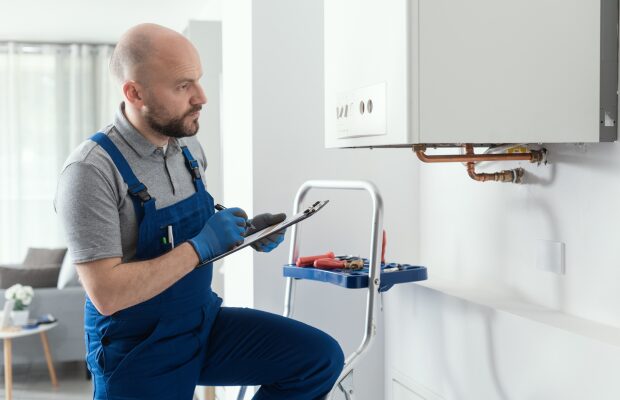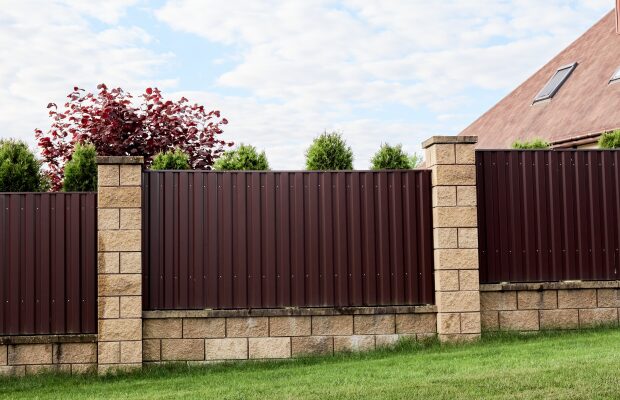Checking the boiler should be a main priority before making the final settlements for your new home.
Sure, it may not be as fun as measuring up for your new corner sofa or perusing colour swatches for your all-important redecoration, but boiler checks are an essential part of homeownership. Our guide explores why and how to go about it.
Why you should check the boiler
When you’re buying a new home, you should find time to check whether the boiler is in good working order. A boiler not only has the potential to add considerable value to a property, it will also give you a good idea of the running costs of your prospective home.
Unfortunately, your Homebuyer’s survey won’t check your boiler so you’ll need to pay for a boiler service ahead of your move if you want to know more about its condition. That said, there are some boiler checks you can do yourself before deciding whether to buy your new home.
How to check the boiler
Step one: Find out its location
Your first port of call should be to check the location of the boiler, as well as your stop cock and water heater (if applicable). This will be invaluable information if anything were to ever go wrong.
Step two: What type of boiler is it?
Next, you should find out the type of boiler it is, which should be one of the three main types of gas boilers: combi, regular, and system.
Combi boilers
-
Combine water heating and central heating in a single unit for instant hot water.
-
Has five copper pipes from the bottom and no external pump or hot/cold water cylinders.
-
Normally found in small to medium-sized homes.
Regular boilers – also known as conventional or heat-only boilers
-
Store hot water in a cylinder for on-demand use.
-
Has two copper pipes from the top and one from the bottom.
-
Include hot water cylinders and a cold water storage tank that’s usually located in the loft.
-
Normally found in larger homes.
System boilers
-
Used to heat central heating and provide hot water for a storage cylinder.
-
Has three copper pipes from the bottom.
-
Normally installed in larger homes.
Step three: What’s the make and model?
Understanding the make and model of the boiler is a useful gauge on whether you’re getting value for money. Reputable boiler brands include Worcester Bosch, Valiant and Alpha, however a quick Google will allow you to check the reviews of the boiler in question.
Step four: Ask about its age and condition
Find out from the sellers of the property or their agents when the boiler was installed and whether there has been any problems with it. If it’s over twelve years old, chances are it’ll be less effective and may need repairs in the future.
Step five: What about the warranty validity?
A valid warranty usually covers parts and labour, saving you considerable money if anything ever goes wrong, so it’s worth checking whether the property’s boiler still has one.
Step six: Find out when the boiler is due its next service
Boilers should be serviced by a Gas Safe engineer at least once a year so check with your seller when theirs was last seen. They may even be able to show you a Gas Certificate with the inspection history. This can normally be found in the back of the boiler manual or on a sticker on the boiler itself.
Step seven: Energy efficiency
An inefficient boiler can be expensive to run, adding hundreds of pounds to your energy bills, so you should check your rating.
An A-rated boiler offers 90% efficiency and so would be the best option. Even if your boiler is in good working order, you may consider replacing it for a more energy efficient model.
Related: Questions to ask when viewing a new home
Buying a property? We’re here to help
Let Parkers help you on your buying journey. When you register with your local branch, we’ll make sure you’re the first to know about any new properties coming to the market.
Further reading
Your guide to building surveys







